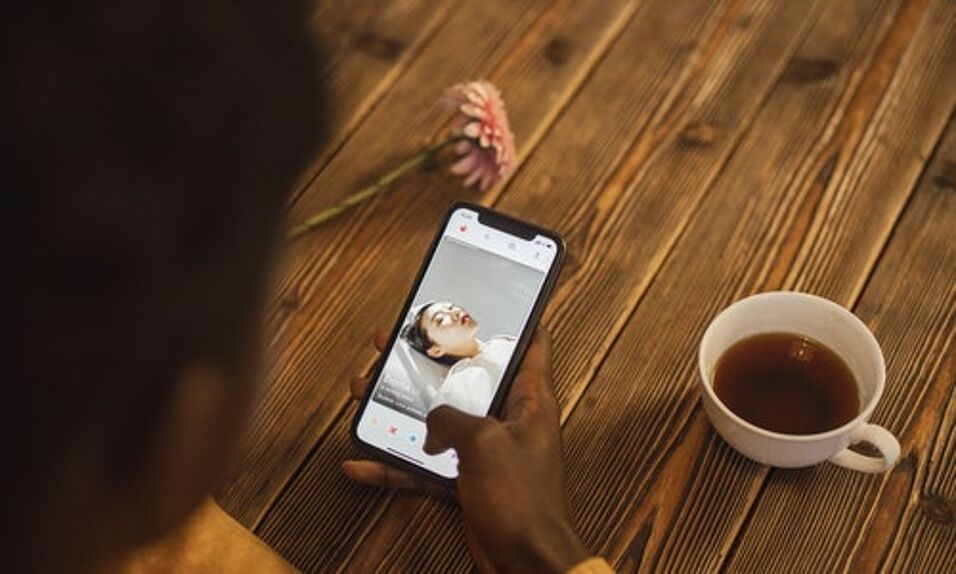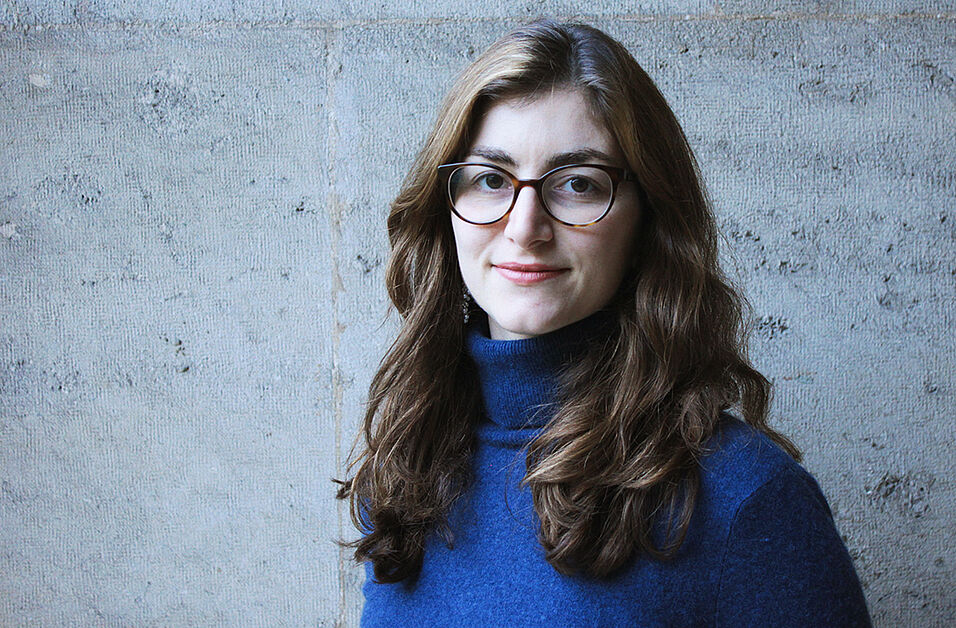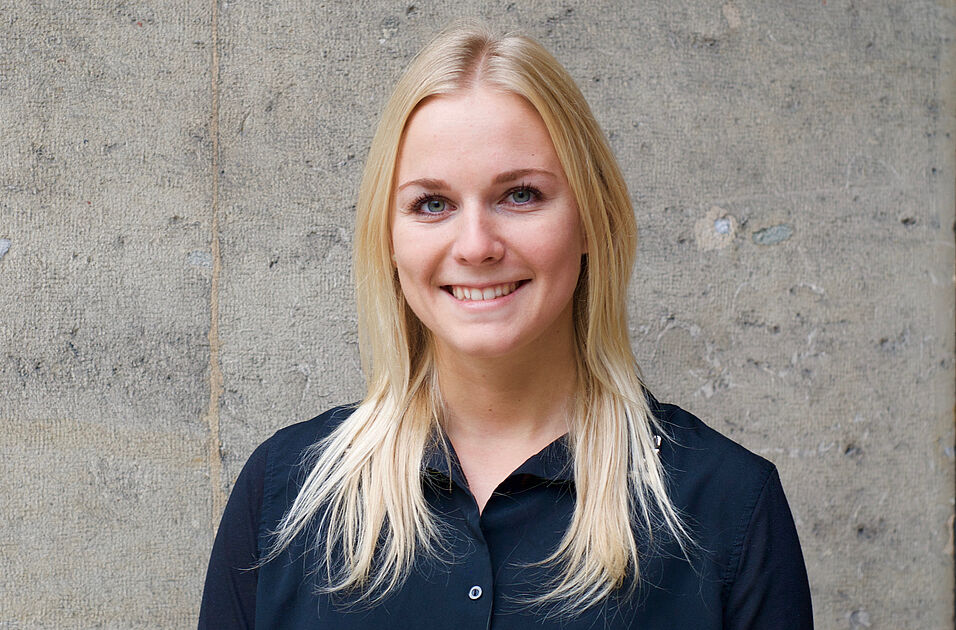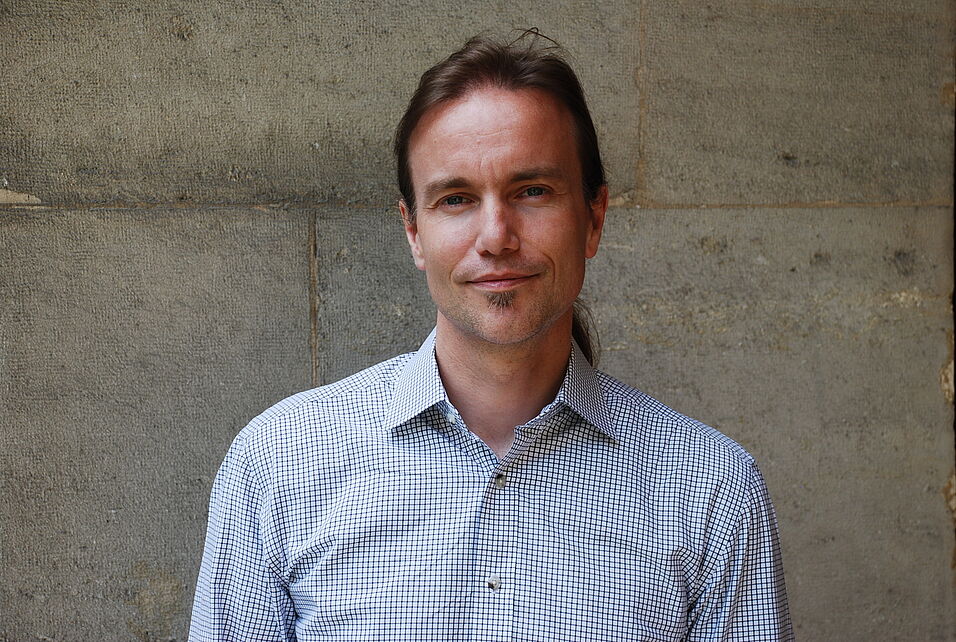Article by Adriana Sofia Palloks (✉ adriana.palloks@univie.ac.at)
In the past, the search for a partner was often not necessarily "consciously chosen", but it was much more predetermined. At times half the family was involved in it. Conscious selection is a modern phenomenon. Dating apps promise to make the search for the perfect partner easier with the help of modern filter technologies. Yet what does the constant confrontation with dozens of profiles trigger in users? Communication researchers Marina Thomas, Alice Binder and Jörg Matthes from the University of Vienna got to the bottom of this question.
The research was designed as part of two interrelated individual studies. Study 1 was conducted in December 2019. 677 participants aged between 18 and 67 years were acquired by a data collection company for the online survey. The general use of dating apps, the perceived availability of partners (example question: "the number of potential partnerships is almost infinite") and the fear of being single were measured.
The results show that increased dating app use is associated with a high perceived partner availability. This is particularly evident in the comparison between dating app users and non-users, as those who do not use dating apps have an accordingly smaller selection of potential partners available to them. Respondents who experience high perceived partner availability also feel a great deal of anxiety about being single, as "these seemingly optimal circumstances leave no excuse for 'failing' to obtain a relationship". The research team also determined that high perceived partner availability acts as a mediator between dating app use and anxiety about being single.
The findings indicate a clear interaction between dating app use and users' well-being. However, the direction of the effect that is "whether dating app use with its characteristic partner abundance leads to fear of being single or whether individuals high in fear of being single use dating apps more" remained unclear. For this reason, a second, experimental study was conducted to replicate the findings from study 1 and reveal the direction of effect.
The experimental study involved 248 students enrolled at the University of Vienna who were asked to evaluate eleven, 31, or 91 fictitious male or female profiles in the style of a dating app, in addition to completing a digital survey. The results show that for students in the high partner availability condition (91 profiles), the large selection of potential partners led to higher anxiety about being single than for students with lower partner availability (11). The same group reported lower self-esteem after the profile assessment. Based on these outcomes, the authors argue that for users of dating apps the feeling of being evaluated or judged by many people prevails; also, with (too) many profile views, they start questioning themselves why they are still unsuccessful in their search for a partner. In addition to these findings, it could be confirmed that after evaluating 31 and 91 profiles, students felt a greater overload in finding a partner compared to those students who were shown only eleven profiles.
The study results proof that the use of dating apps actively increases people's fear of being single. Thus, if insecure people use dating apps in a compensatory way by swiping through a high number of profiles, they might feel even more negative about themselves and the fact that they are still single. Study author Marina Thomas comments on the findings as follows: "The fundamental question is whether having heaps of choices is necessarily better. In fact, people are quickly overwhelmed by too many options, as shown by a whole series of studies on product selection, as well as in some studies on partner selection. Making decisions is difficult, costs energy, and can lead to making mistakes. In the past, it was very clearly regulated who could be partnered up with whom; today there are many more options to choose from and the decision is highly individualized. This neoliberal freedom can be a great burden which associates with fears of failure. In a world of supposedly unlimited possibilities, there is almost no excuse for individual failure. I believe we would sometimes be almost relieved if the dating app algorithm suggested only one person to us."
Publication details
Thomas, M. F., Binder, A., & Matthes, J. (2022). The agony of partner choice: The effects of excessive partner availability on fear of being single, self-esteem, and partner choice overload. Computers in Human Behavior, 126, 106977. doi:10.1016/j.chb.2021.106977




